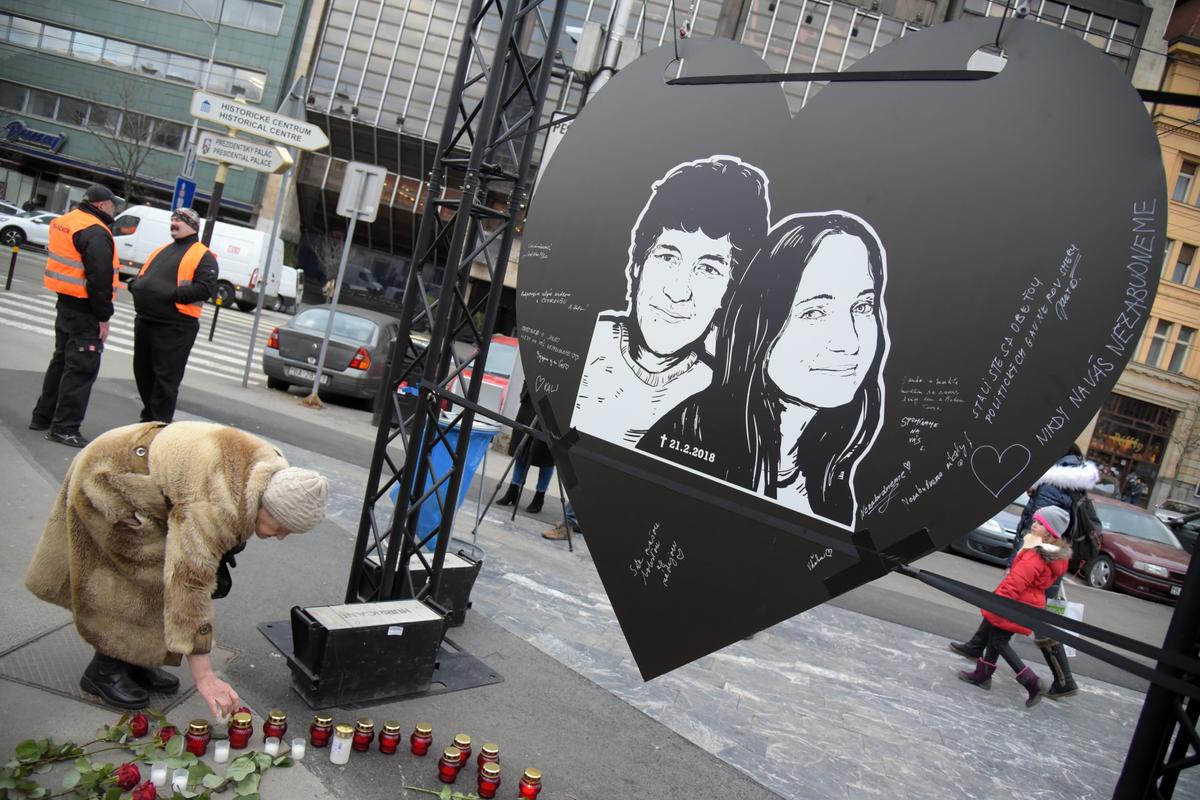Soon after Robert Fico’s government found itself mired in controversy following the murder of investigative journalist Ján Kuciak and his fiancée Martina Kušnírová on 21 February 2018, political svengali and criminal Marian Kočner grew increasingly nervous, as shown by the communications he sent via Threema, an encrypted messaging app.
“When it falls, we won’t have time to escape,” Kočner wrote to tax fraudster Ladislav Bašternák at the time. Several months later, Bašternák was convicted of VAT fraud.
Kočner was also worried about the future of Fico’s Smer party, which he portrayed in the messages as a tool to provide cover for his crimes. According to Kočner, the then premier was coming across very badly on TV.
“It’s hard for him. Very. It’s very hard to talk to him right now,” the oligarch Norbert Bödör wrote back to him.
After five years, it turns out that Kočner was right to be worried: the law has reached into the Slovak criminal hierarchy, affecting scores of people who previously appeared to act with impunity, including him.
But what Kočner underestimated was the ability of Fico, who has been a constant presence in Slovak politics for more than 30 years, to mobilise his voters irrespective of the multiple, major scandals that have dogged him. Five years after the murder, Fico remains leader of Smer, which consistently polls second in political opinion surveys, hard on the heels of Hlas – itself a breakaway group formed in 2020 by Fico’s former protégé Peter Pellegrini, the man who succeeded Fico as premier in March 2018.
On the occasion of the fifth anniversary of the murder, we look at the subsequent fate of twelve people who played a significant role in the events of that time:


 Ján Kuciak and Martina Kušnírová portrayed in a metal heart displayed on the SNP Square in Bratislava back in 2020. (source: SITA)
Ján Kuciak and Martina Kušnírová portrayed in a metal heart displayed on the SNP Square in Bratislava back in 2020. (source: SITA)